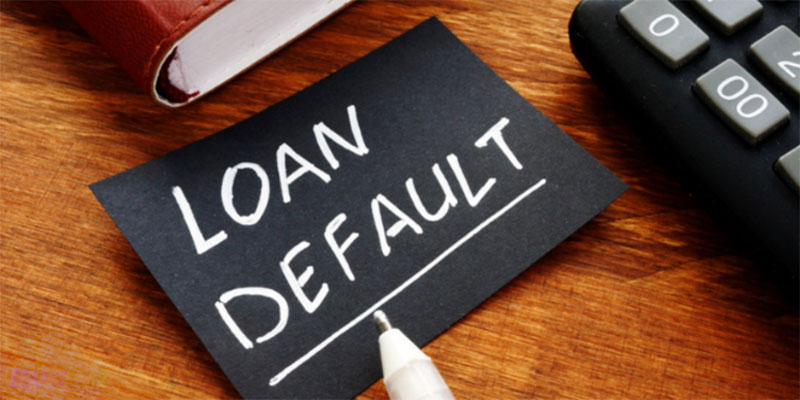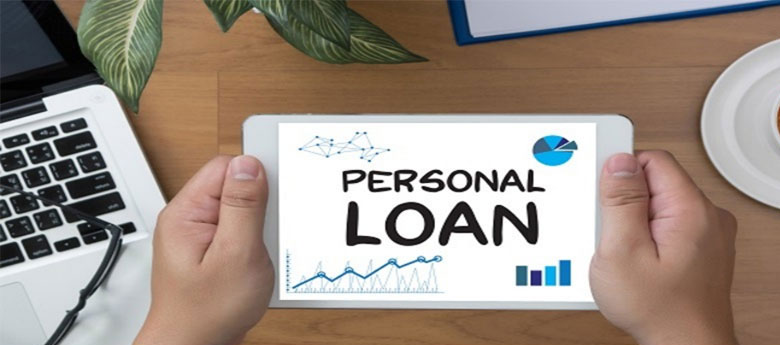To default on a loan and security is to fall behind on payments of interest or principal. Debts may be defaulted by individuals, companies, and even whole nations. Creditors will look at the likelihood of default very closely. When you borrow money, you presumably do it with the best intentions, but sometimes money doesn't work out the way you intended. It just takes a sudden disruption in your financial situation, such as a job loss or illness, What Happens When You Default on a Loan. Understanding the repercussions of failing on a loan is crucial.
How Loan Default Does Work
Despite the considerable overlap in meaning, default, and delinquency are distinct concepts. April Lewis-Parks, director for corporate relations at the national non-profit credit counseling group Consolidated Credit, explains that the loan is deemed overdue as soon as a payment is missed or made late. A delinquent may result in late payment costs or other penalties according to the conditions of your loan contract. Still, it usually won't affect your credit score unless you're upwards of 30 days late with a payment.
What Does It Mean For A Loan To Default?
Whenever the borrower fails to make loan payments as agreed upon in the loan agreement, the debt defaults and the grace period before a loan goes into default varies from lender to lender. It's possible to get back on track with your loan by paying the amount due within a reasonable time if you've missed a payment or two. However, assuming you cannot make a complete payment by the due date specified in your original agreement.
Consequences Of General Loan Default

If you break the terms of a loan, you'll have to pay for it. When you default on a loan, it signals to other lenders that you are not a dependable borrower and might not be trustworthy in plenty of different areas.
Harmful Effects On Your Credit
In the event of a default, your credit score would undoubtedly take a hit. Several components make up your credit score. However, payment history is the most weighted. The status of your open accounts, mortgages, lines of credit, and other credit facilities are included. If you are late paying a payment, your lender may show a delinquency on your credit report.
Increased Costs
If you default, your debt will escalate. You may incur additional fees, fines, and legal expenses due to your late payment. In reality, when compound interest is taken into account, debt levels rise rapidly. In the event of a payment default, the interest due for that month will be added to the loan's principal sum.
Legal Issues
Lenders will eventually turn to debt collection agencies if they are not paid in full. Damage to your credit, court judgments, and high costs are all possible outcomes of a collection process. Sadly, debt collectors may also sometimes be a significant pain in the neck. If you default on a loan and a court issues a judgment against you, the lender may be entitled to garnish your earnings or seize your financial assets.
How To Prevent Loan Default

Avoiding a default is preferable to try to recover from one. If you're on the verge of solving it, try these steps:
- Get in touch with your financial institution. It shows good faith as little more than a borrower if you take the initiative to seek a solution if you are having trouble making payments.
- Keeping detailed records is essential. If you agree, keeping careful records of your discussions and putting any commitments into writing is necessary. It prevents future confusion and misunderstandings through meticulous record-keeping.
- Benefit from available programs that reduce the burden of student debt: You will default without making payments on your federal student loan within 270 days. 15 That's plenty of time to consider alternatives to making payments, such as deferral, postponement, income-based payments, etc.
- Change the terms of your mortgage: If you're having trouble making your mortgage payments, you should investigate your options for modifying or refinancing your loan. In addition, the government offers several assistance programs for homeowners in need.
Conclusion
You planned to repay the loan you took out when money was tight, but you are now at least one payment late. You may never be able to pay off your loans in full. What happens whenever you fail on a loan depends on where the loan originated from, whether it was a bank or an internet lender.

Ways to Refresh Your Budget for the New Year

Best Business Loans for Bad Credit

Taxes Must Be Filed by the 2022's End. What You Need to Know If You Still Haven't Filed

What is Compulsory Insurance? Everything You Should Know!

Everything you need to know about APR

Best Midcap ETFs

A Detailed 2024 Review on USI Affinity Travel Insurance

Everything You Need to Know About Do-It-Yourself (DIY) Investing?

Best Place to Buy Used Furniture Estate Sales

How to Make Money Using TikTok Shop: A Beginner's Guide

Tax Credit for other Dependents
